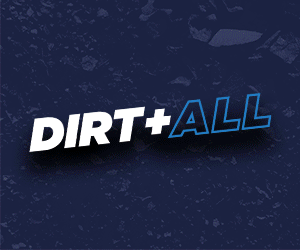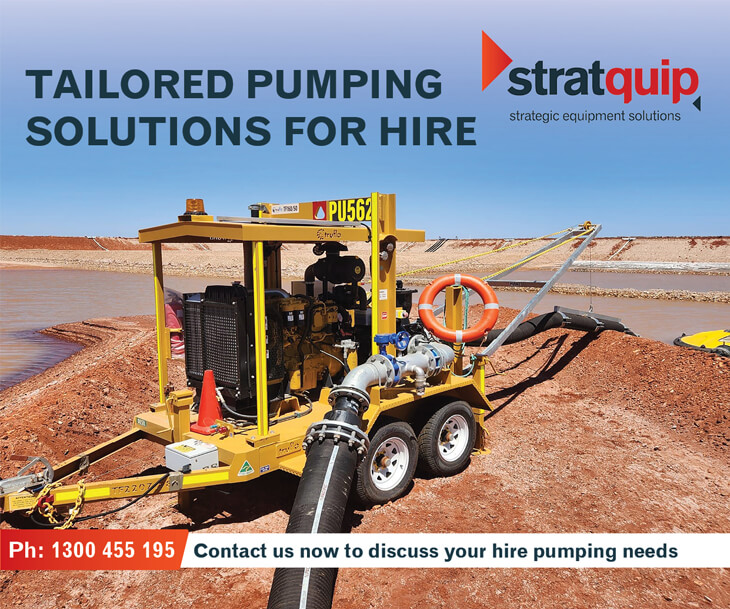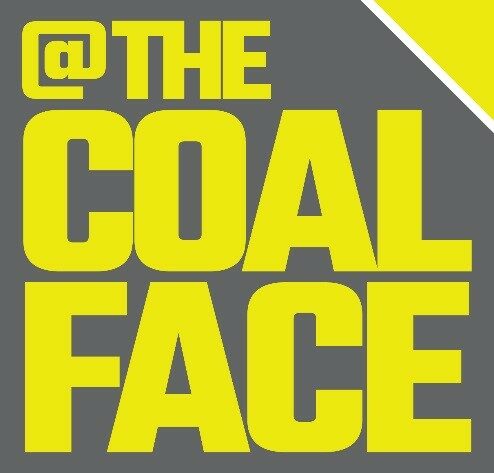Before Christmas, a package of workplace laws passed through the Federal Parliament that will have a big impact on wages in the mining industry.
The Fair Work Legislation Amendment (Closing Loopholes) Bill 2023 passed on 7 December 2023, containing ‘Same Job Same Pay’ provisions to prevent companies from undercutting Enterprise Agreements by paying labour hire workers less.
This change shouldn’t be controversial, it’s just about giving workers a fair go. But that didn’t stop the mining industry from running an expensive fear-mongering campaign against Same Job Same Pay. Big mining companies don’t like the changes because they know they’ve been doing the wrong thing, outsourcing permanent jobs to labour hire on lower wages and pocketing the difference.
The new laws passed after the Albanese Government secured the support of key cross-bench Senators Jacqui Lambie and David Pocock.
Hunter Valley coal mineworkers were in Canberra the day before Same Job Same Pay legislation passed, speaking with Senators Lambie and Pocock about how widespread contracting out of mining jobs affected them and their families. They obviously did a great job!
The Coalition and One Nation did not support the Bill, with the Coalition declaring they are on the side of employers and One Nation arguing that there is no labour hire loophole to close.
These laws mean many labour hire coal mineworkers in NSW now have a pathway to wage justice.
Here’s how they will work.
At a mine site where an Enterprise Agreement (EA) is in place covering direct employees, applications can be made to the Fair Work Commission (FWC) for an order that labour hire employees must be paid at least the same as EA rates.
The FWC will then make an assessment that a Same Job Same Pay order would be fair and reasonable – including whether labour hire workers are performing the same work as EA employees – and can make an order setting a ‘Protected Rate of Pay’.
The ‘Protected Rate of Pay’ will set out minimum pay rates in line with the relevant Enterprise Agreement and is how Same Job Same Pay would be delivered at a mine site.
Same Job Same Pay orders issued by the Fair Work Commission will come into effect from November 2024.
There are exemptions for registered trainees and apprentices, short-term placements, small businesses and genuine service contractors.
The Fair Work Commission will apply a test to determine whether workers are considered labour hire or ‘service contractors’. In general, labour hire means workers supplied by a labour hire company to perform labour in roles which are supervised or managed by the mine operator. In contrast, the Commission will assess whether a company is a service contractor based on a number of facts, including whether a company is supplying their own supervisors and equipment for use by the workforce, and whether they perform specialist work on a site.
The MEU will apply to the Fair Work Commission for Same Job Same Pay at eligible coal mines.
We will make applications at workplaces based on circumstances at the site and in consultation with MEU labour hire members. We are currently assessing NSW mine sites in preparation for our first applications.
For labour hire workers in the mining industry, this means that there has never been a better time to be involved and join the MEU. Having more members at a workplace puts your worksite in the best position to be prioritised for a Same Job Same Pay application.
Many of you will know that our Union has campaigned for stronger laws to stop the labour hire rort for many years. The Closing Loopholes Bill is a major step forward and was fantastic news to receive before Christmas. I’d like to thank all those NSW mineworkers who contributed to the campaign. We can’t wait to make fairer wages for labour hire mineworkers a reality in 2024.
Robin Williams
District President MEU Northern Mining and NSW Energy











